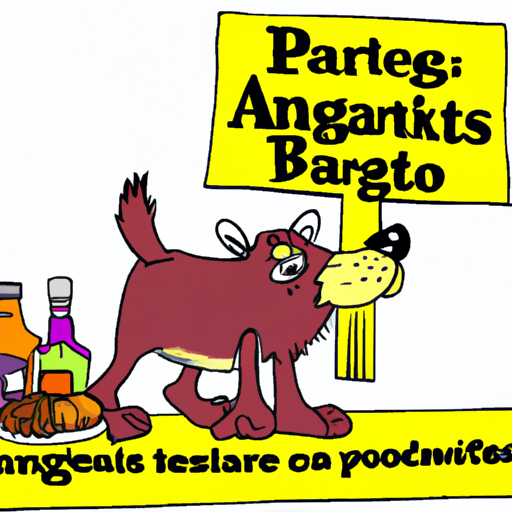As a caregiver, it’s essential to be aware of the dietary habits that can potentially harm your furry friend. Pancreatitis in dogs is a serious condition that can be triggered by various foods. Let’s explore these in-depth.
1. Fatty Foods
Fatty foods are among the primary culprits that can lead to pancreatitis in dogs. The pancreas is put under strain when it has to process a high volume of fat.
Examples of fatty foods include:
- Fried foods
- Fatty cuts of meat
- Butter and oils
- Full-fat dairy products
It’s best to keep these to a minimum in your dog’s diet.
2. Processed Foods
Processed foods often contain additives and preservatives that can harm your dog’s pancreas. Dogs are not designed to digest these artificial substances, increasing the risk of pancreatitis.
Common processed foods that dogs should avoid are:
- Processed meats (hot dogs, bacon, sausages)
- Canned foods with high sodium content
- Pre-packaged meals and snacks
3. Foods High in Sugar
Just like in humans, excessive sugar can be harmful to dogs. It can lead to pancreatitis, diabetes, obesity, and other health problems.
Watch out for these high-sugar foods:
- Sweets and chocolates
- Ice cream
- Sweetened drinks
- Foods with artificial sweeteners (especially xylitol)
4. Alcohol
Alcohol is toxic to dogs and can lead to a multitude of health problems, including pancreatitis. Even small amounts can cause significant damage.
Avoid giving your dog any form of alcohol, including:
- Wine
- Beer
- Spirits
- Foods cooked with alcohol
5. Certain Human Medications
Some human medications can trigger pancreatitis in dogs. Always consult with a vet before giving your dog any medication not specifically prescribed for them.
Medications to be cautious about include:
- Antibiotics
- Steroids
- Chemotherapy drugs
- Antifungal medications
Remember, each dog is unique and can react differently to foods. Always pay attention to changes in your dog’s behavior, eating habits, and overall health.
FAQs
1. What are the symptoms of pancreatitis in dogs?
– Common symptoms include loss of appetite, vomiting, stomach pain, and fever.
2. Can dogs recover from pancreatitis?
– Yes, with proper treatment and dietary changes, dogs can recover from pancreatitis.
3. Can a dog’s diet cause pancreatitis?
– Yes, a diet high in fat, processed foods, or sugar can trigger pancreatitis in dogs.
4. Is pancreatitis in dogs life-threatening?
– If untreated, pancreatitis can be life-threatening. Early detection and treatment are crucial.
5. Can my dog eat human food?
– Some human foods are safe for dogs, but many can be harmful. Always check with a vet before introducing new foods into your dog’s diet.
Stay informed and proactive to ensure the best health for your furry friend.



